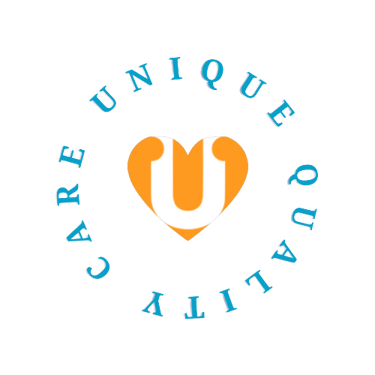Managing Medications Effectively: Tips for Seniors and Caregivers
The purpose of this article is to delve into the complexities of medication management for seniors and caregivers while offering practical and actionable tips to navigate this challenging landscape effectively. By providing insights and strategies, we aim to empower seniors and caregivers with the knowledge needed to streamline medication management and ensure a safer and more organized approach to healthcare.
TIPS
Erlyn A. Pinkston
11/29/20232 min read


Medications are lifelines for seniors, often addressing various health conditions and enhancing their well-being. Yet, orchestrating a careful balance of these medications can be a labyrinth of complexity for both seniors and their caregivers.
The Day-to-Day Challenge
For many seniors, each day involves a juggle with multiple medications, each with its own unique dosage, timing, and potential interactions. This intricate balancing act can overwhelm, resulting in missed doses, confusion, or unintentional errors. Prioritizing medication management becomes crucial to ensuring optimal health outcomes for seniors.
The Significance of Medication Management
Medication management is a spectrum of practices aimed at optimizing medication use. It encompasses the meticulous organization, administration, and monitoring of medications to ensure their effectiveness and safety. This process holds particular importance for seniors with complex medication regimens.
A fundamental aspect of medication management is reconciliation—a comprehensive review of all medications, including prescription drugs, over-the-counter medications, and supplements. This critical step allows healthcare professionals to identify potential interactions or duplications that might risk the senior's health.
Adherence to the prescribed medication regimen is another pivotal aspect. Poor adherence, a common issue among seniors due to forgetfulness or managing multiple medications, can lead to suboptimal treatment outcomes. Fortunately, implementing strategies such as reminders, pill organizers, and clear schedules can significantly improve adherence and reduce medication errors.
Caregivers' Role in Medication Management
Seniors often rely on caregivers' support to manage their medications effectively. Caregivers shoulder the responsibility of ensuring that their loved ones receive the right medications at the right time. This role, often challenging due to managing multiple medications with different dosages and schedules, is critical for the senior's well-being.
Caregivers are tasked with administering medications according to the prescribed dosage and schedule, requiring in-depth knowledge of the medications, including potential side effects or interactions. Moreover, they oversee medication organization, refills, and proper storage, and monitor for adverse reactions or health changes related to the medications.
Additionally, caregivers play a vital role in fostering open communication with healthcare professionals. By accompanying seniors to medical appointments, asking pertinent questions about medications, and sharing observations or concerns, caregivers contribute significantly to ensuring the appropriateness and effectiveness of the medication regimen.
Strategies for Effective Medication Management
Navigating the complexities of managing medications can be daunting, but several strategies can help seniors and caregivers streamline this process:
Create a Medication Schedule: Develop a clear, organized schedule outlining the timing and dosage for each medication.
Utilize Medication Reminders: Set alarms or reminders on devices to prompt seniors to take their medications.
Maintain an Updated Medication List: Keep an accurate list of medications easily accessible during emergencies or medical appointments.
Regularly Communicate with Healthcare Professionals: Consult healthcare providers to ensure the appropriateness of the medication regimen.
Engage Pharmacists: Pharmacists are valuable resources for guidance on potential interactions or side effects.
Seek Assistance when Needed: Professional caregiver support or community resources can aid when managing medications becomes overwhelming.
By embracing these strategies and placing a premium on medication management, seniors and caregivers can navigate medication regimens more effectively. This can pave the way for enhanced health outcomes, a better quality of life, and tranquility for both seniors and their caregivers.


Our Links
Mailing Address
P.O. Box 115 Garden Grove
CA 92842-115
